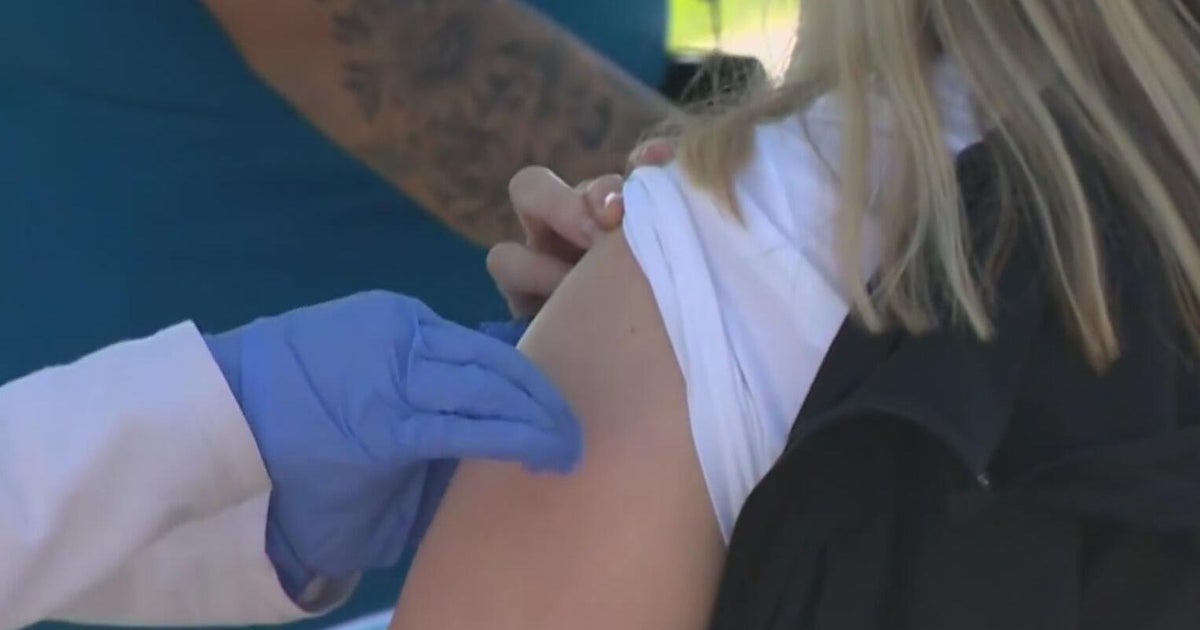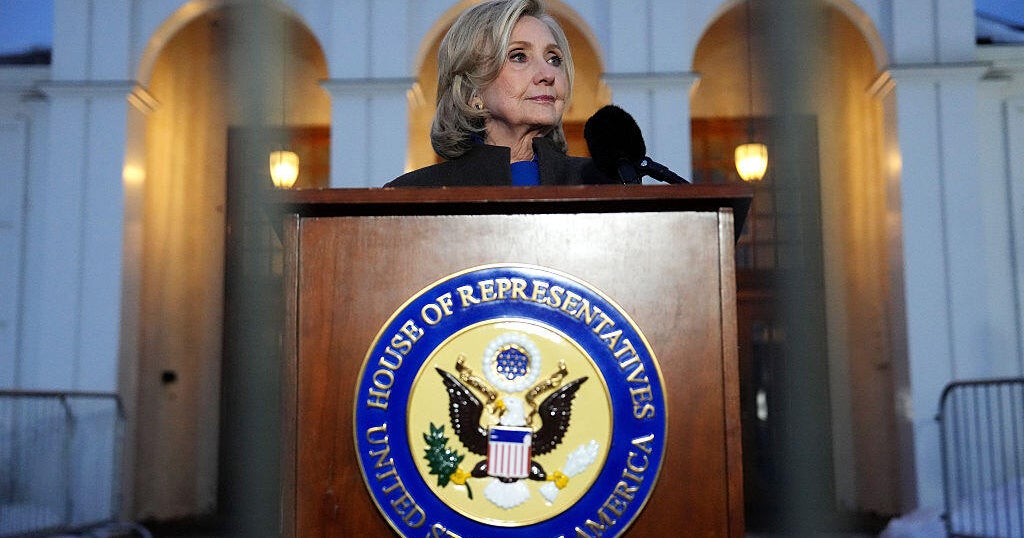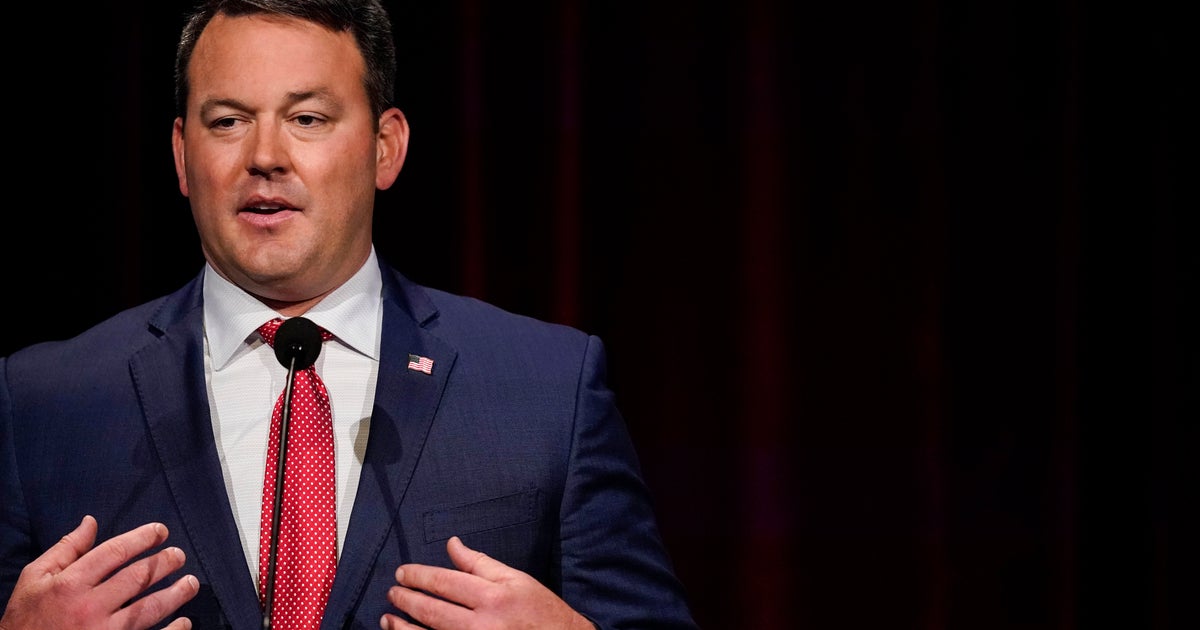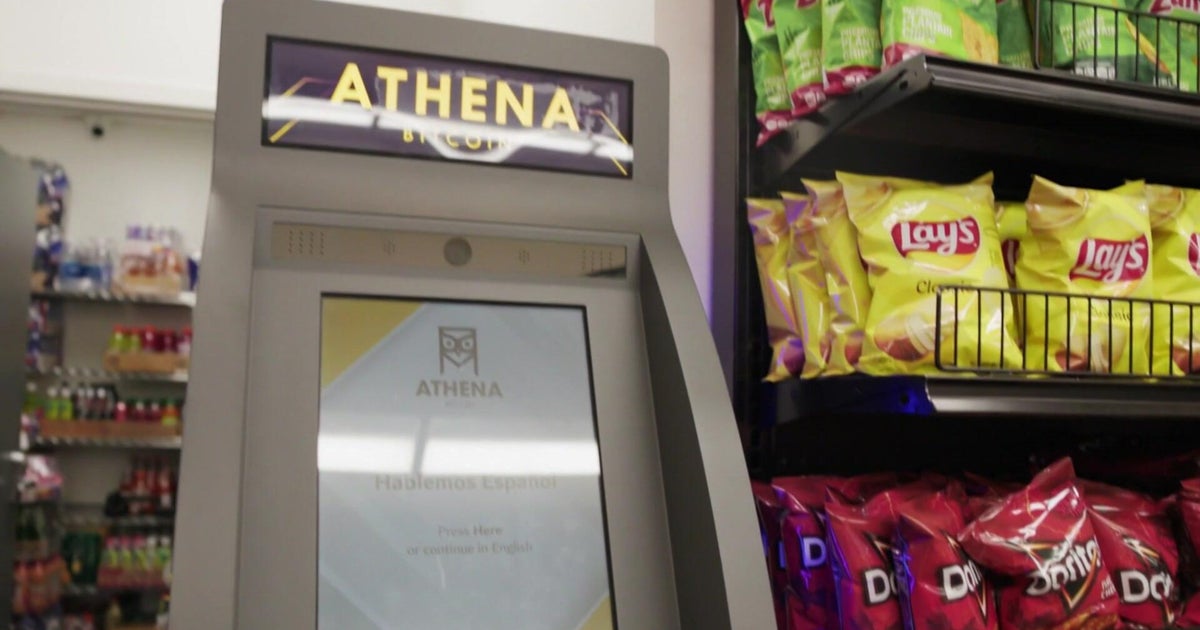Legislative Session Deals With Flood Of Issues
LANSING (WWJ/AP) - It may take days, weeks or even longer to sort out the avalanche of bills enacted in the Michigan Legislature's lame-duck session, as majority Republicans put their stamp on policies dealing with topics as diverse as property taxes, medical marijuana and even cockfighting.
A bitter clash over making Michigan the 24th state with a "right-to-work" law, which drew thousands of protesters to the Capitol and drew national attention, overshadowed the remainder of a lengthy agenda that included a rewritten measure allowing appointment of emergency managers for cities in financial peril.
Other bills sent to Gov. Rick Snyder for his signature imposed further restrictions on abortion, prohibited novice teen drivers from using a cell phone while behind the wheel, boosted a development project that could include a new arena for the Detroit Red Wings and designated the gray wolf a game species, which could lead to hunting seasons for the once-endangered predator.
"Many significant reforms were enacted that will provide for a safer, healthier and more prosperous future for all residents and will be instrumental in continuing Michigan's comeback and creating more and better jobs," Snyder said after lawmakers finally headed for home around 4:30 a.m. Friday, after 18 consecutive hours of debates, votes and closed-door strategy sessions.
Democrats accused GOP colleagues of ignoring the voters' message from the November election, in which President Barack Obama carried Michigan by a wide margin and Republicans lost five seats in the state House. They said it was no coincidence that one of the last bills Republicans pushed through would make it tougher to unseat elected officials, reducing from 90 days to 60 days the period in which people would have to gather enough petition signatures to force a recall vote.
"Cowardly, selfish, downright swinefully arrogant," complained Sen. Tupac Hunter, a Detroit Democrat.
Here's a look at some of the bills that became law in the just-ended session. Gov. Rick Snyder has signed some into law, while others remain to be considered.
RIGHT TO WORK: Nonunion employees no longer can be forced to pay service fees to unions, even though those workers get the same pay raises and other benefits that members receive. Snyder and GOP lawmakers said the new policy would make unions more responsive to members while improving Michigan's business climate. Opponents said it would encourage workers to "freeload" and undermine unions by leaving them with less money to bargain for good wages.
EMERGENCY MANAGERS: After voters struck down a law Snyder championed that let him appoint emergency managers with authority to overrule elected local officials in financially distressed cities and school districts, the Legislature approved a new version. It gives local governments several options, including accepting a manager, declaring bankruptcy, undergoing mediation and entering a consent decree as Detroit has done.
ABORTION: A location where at least 120 abortions are performed annually would have to obtain a state license as a freestanding outpatient surgical facility, requiring further inspections and imposing higher costs. Patients would have to undergo counseling with a health professional, who would make sure the woman isn't being coerced to get an abortion.
CONCEALED WEAPONS: People would be allowed to carry a concealed weapon in gun-free zones, such as churches, schools and sporting arenas. Individuals would have to get enhanced training beyond basic requirements and spend additional time at the gun range. "Open carry" in those areas would be prohibited.
INDUSTRIAL PROPERTY TAX: It's called a "personal property tax" but covers industrial equipment, and it would be eliminated over a decade, saving businesses about $600 million a year when the phaseout is complete. Manufacturers say the tax discourages investment and job creation, while local governments worry about losing funds for police and fire protection and other services. The bill would reimburse most of the revenue and allow special local assessments.
MEDICAL MARIJUANA: Legislators approved the first revisions of Michigan's medical marijuana law since voters endorsed use of the drug in 2008. State-issued cards given to people who have a doctor's endorsement for marijuana use would be good for two years instead of one. Caregivers who are allowed to grow marijuana for up to five people would be disqualified if they committed a felony within the past 10 years or if they committed an assault.
PUBLIC LIGHTING AUTHORITY: One part of the legislation will allow Detroit and some other cities to establish public authorities to run their lighting systems, while another would allow part of a utility users' tax to fund public lighting repairs. The legislation is aimed at restoring light to huge swaths of Detroit, where over half of the city's roughly 88,000 street lights are in disrepair.
TEEN DRIVERS: Inexperienced teen drivers, who have a Level 1 or Level 2 license, would be prohibited from talking on cell phones while behind the wheel. Violators would be fined. The measure was dubbed "Kelsey's Law," honoring Kelsey Raffaele, a 17-year-old girl who was killed in a crash that happened as she talked on her cell phone while driving.
GRAY WOLVES: With the population of gray wolves in the Upper Peninsula estimated at 700, lawmakers authorized hunting the predators for the first time since bounty programs nearly drove them to extinction in the lower 48 states. The appointed Natural Resources Commission will make the final call on whether to schedule hunting seasons, which probably would be held only in areas where wolves are repeatedly attacking livestock.
ANIMAL FIGHTING: They didn't draw much attention, but three bills were passed that toughen penalties for those who organize animal fights, allowing police to seize assets and shut down any location connected with dog or cock fighting.
TM and © Copyright 2012 CBS Radio Inc. and its relevant subsidiaries. CBS RADIO and EYE Logo TM and Copyright 2012 CBS Broadcasting Inc. Used under license. All Rights Reserved. This material may not be published, broadcast, rewritten or redistributed. The Associated Press contributed to this report.







